Astro Pi: New chance to send your code into space!
Right now, British ESA astronaut Tim Peake is using one of our intrepid Astro Pi flight units, Ed, to run UK school students’ code on board the International Space Station. Ed’s sister unit, Izzy, will be turned on next week to carry out more students’ experiments. These two specially equipped Raspberry Pi computers are running apps and investigations made by young people in our Astro Pi competition last year, and if you’re aged 18 or under and in the UK, we’re thrilled to be able to offer you another chance to send your code into space!
If you’re already working on our new coding challenges, be sure to read on for news of a new requirement that we have introduced to one of them, to take account of operational constraints we have to abide by in order to run code on the ISS.
https://astro-pi.org/updates/new-coding-challenges/
Tim Peake explained to us that he enjoys listening to music while exercising, which is a daily activity for him during his mission. But he won’t be able to upload new music to his player because the software used for this isn’t allowed on the ISS laptops. To solve this problem, Tim invites UK students to try two coding challenges: one is to write a program to turn an Astro Pi flight unit into an MP3 media player that he can operate using its buttons, and the other is to write a tune in Sonic Pi for him to listen to on the MP3 player.
You can try both challenges, or just one. Up to four winners for each challenge will have their code uploaded to the International Space Station and run on Tim Peake’s Astro Pi units.

The Sonic Pi music challenge is an exciting, creative challenge that you can carry out whether or not you have any experience of coding, and without any special hardware. Go to the Sonic Pi music challenge page to see exactly what you need to do, and to find resources that will introduce you to everything you need to know to start work on an amazing electronic tune for Tim.

The MP3 Music Player challenge is an interesting task for people who already have some experience of Python programming. For this challenge, you’ll need to use hardware the same as Tim’s to develop and test your program, so you’ll need access to a Raspberry Pi and a Sense HAT, which are available to buy online. The MP3 Music Player challenge page explains the requirements for your MP3 player, and links to resources that will help you meet them.
We’ve added a new requirement for the MP3 Music Player challenge since announcing it earlier this month, because the European Space Agency has explained that, due to operational constraints, we can’t upload new Raspbian or Pip packages to the ISS to support the new coding challenges. You can read more about the restriction and what it means on Astro Pi’s GitHub. Happily, it’s not hard to work around this restriction, and to help you get going, we’ve created two examples of MP3 playback that are known to work on the Astro Pis in space, and that you can adapt and integrate into your own code.

It’s not often that you get the chance to send something you’ve created into orbit – don’t miss out! Check out the new challenges, pick one and start working on your code to send into space. You’ve got until 12pm 31 March to submit your entries. We, Ed, Izzy and Tim can’t wait to see them.

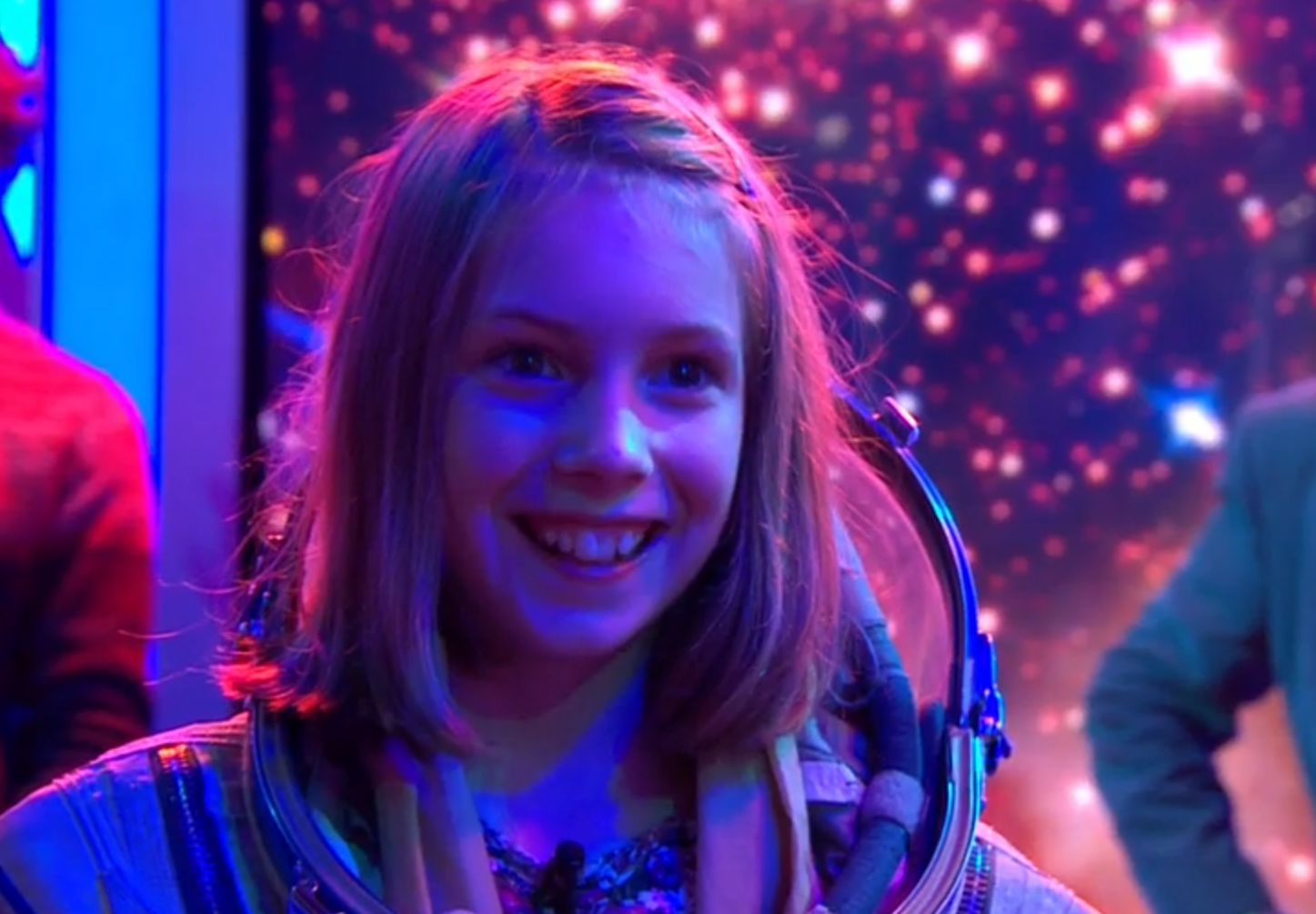
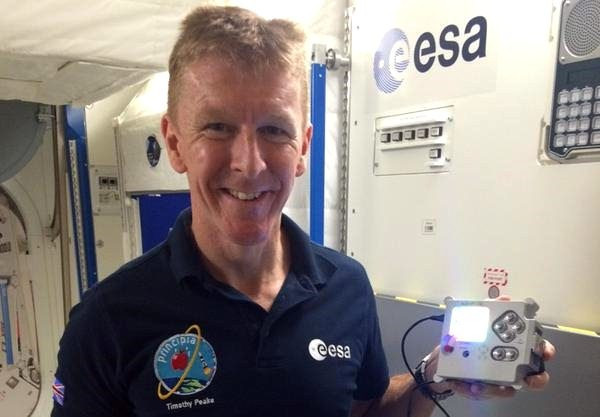
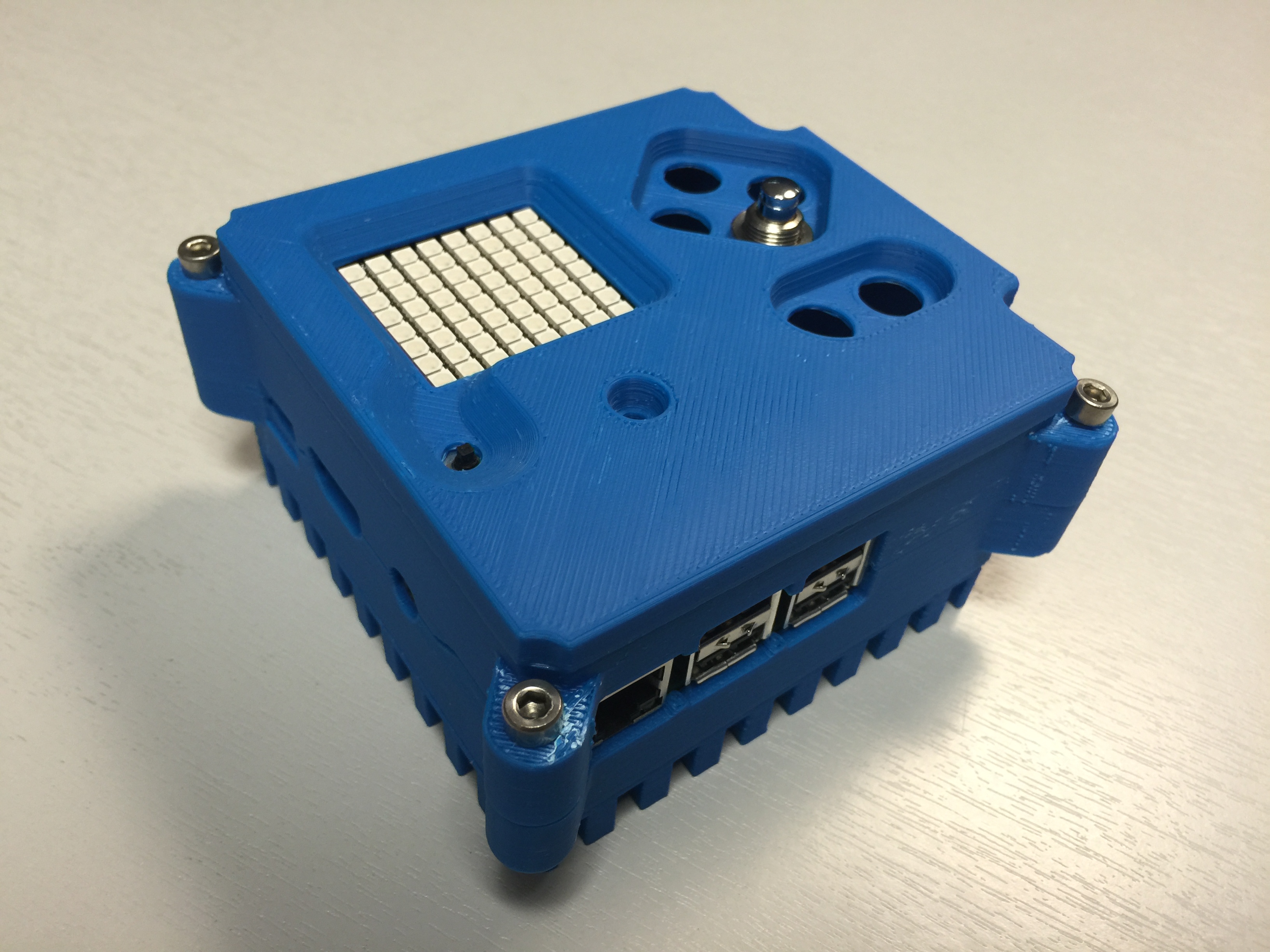
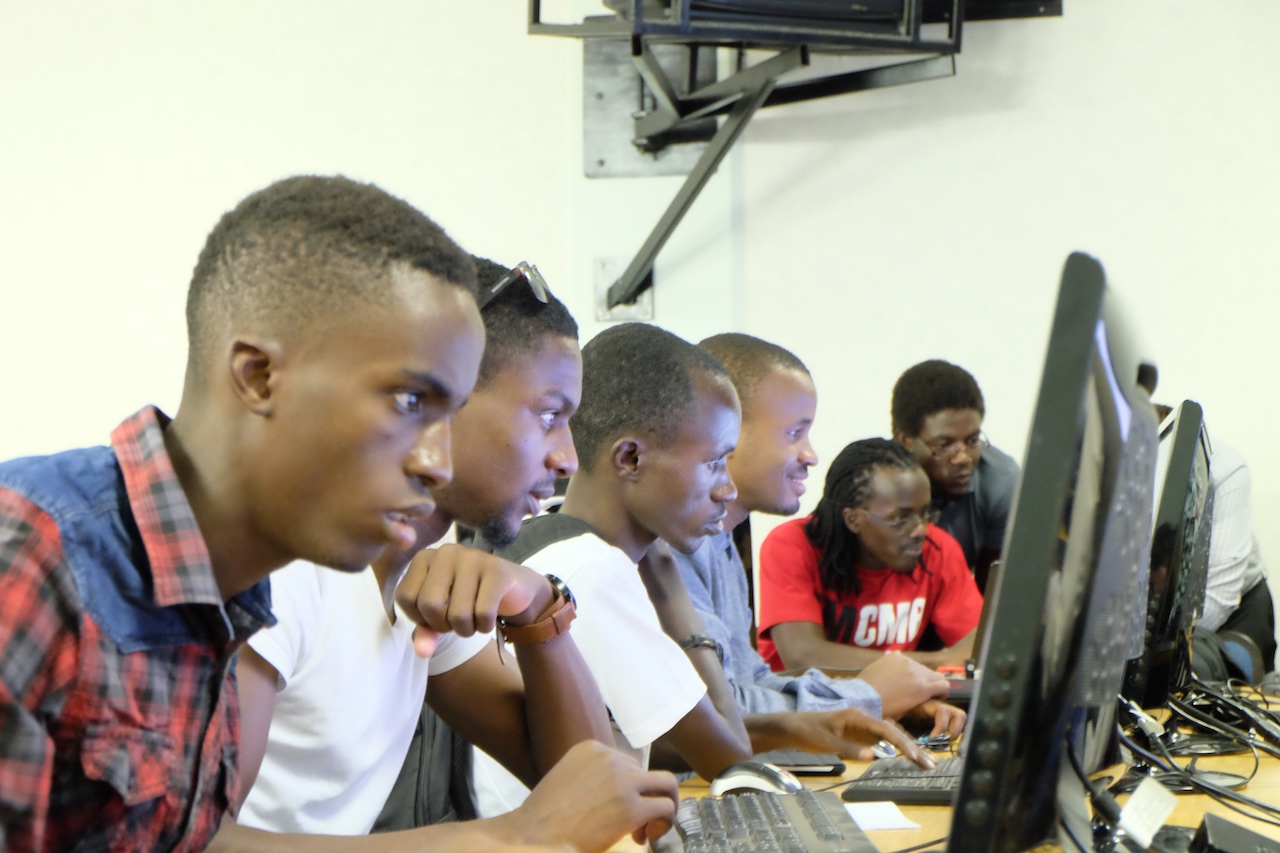
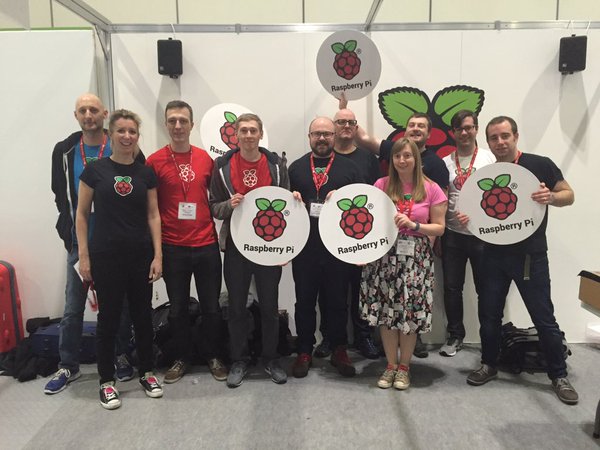
11 comments
G S
Only in the UK again. I would so enter.
What do the space agencies mean by “operational constraints”? Is it because of slow internet, or are they afraid of viruses, or something else?
Raspberry Pi Staff Liz Upton
We’re hoping to be able to run Astro Pi events with other space agencies in the future – keep an eye out!
Zak
I would enter but im a university student so im 21 :( – would love to have a chance to code for something as big as space!
G S
Hold on, just reading the page, also, why was apt-get not installed on the Astro Pis? Does that make any sense?
Ben Nuttall
The Astro Pis are not connected to the internet.
karan
Why only the UK?I’m asking because I live in india.
Raspberry Pi Staff Helen Lynn — post author
We’re delivering the Astro Pi project with the help of our friends at the UK Space Agency and European Space Agency, and, of course, British ESA astronaut Tim Peake, and some of the educational activities have a UK focus. However, others – like the environmental monitoring experiment we mentioned in another recent post – are open to everyone, wherever they are in the world. We would love children in other parts of the world to have the chance to send their code to space one day too!
Raspberry Pi Staff Liz Upton
We’re working with UK Space and ESA (the European Space Agency) on this project. The Astro Pi units will be staying up there, though, and we hope to be running similar projects with other space agencies, so watch this space!
Owen Crook
I went to the National Space Centre in Leicester this weekend. It was packed with big kids (and young children) keen to interact learn from the many excellent exhibits on display.
I was however shocked to find that there was not a short crusted Rubus idaeus in sight! If there was spare one in the boot of my car I could have taped it to one of the many grinning cardboard Tim’s that were scattered around the display halls. Better still a 3D printed flight case demonstrating the current code challenges. As this would be an ideal podium for getting the Pi message out to young and old alike. It would also drive home the point that the UK still has its big toe dipped in space science and the need for future astronauts.
Seth Hartman
Why only UK? I probably know that they only want British people in it, but I think that’s dumb, for I’m an American. So, why not we have a competition, between each country (People have to speak English) to send some programing into space. And why not have other astronauts get the programming too? Because we Americans love competitions.
Raspberry Pi Staff Liz Upton
We’re running this in partnership with UK Space and ESA (the European Space Agency). We are hoping to run a very similar programme with other space agencies later on (the Pis are staying on the ISS after Tim’s six months are up), which will open up opportunities to kids in other countries; watch this space!